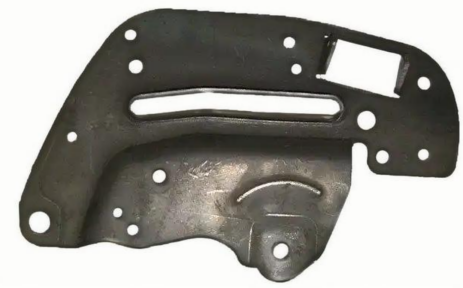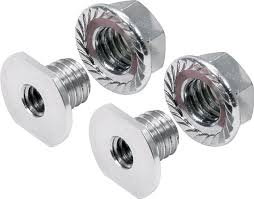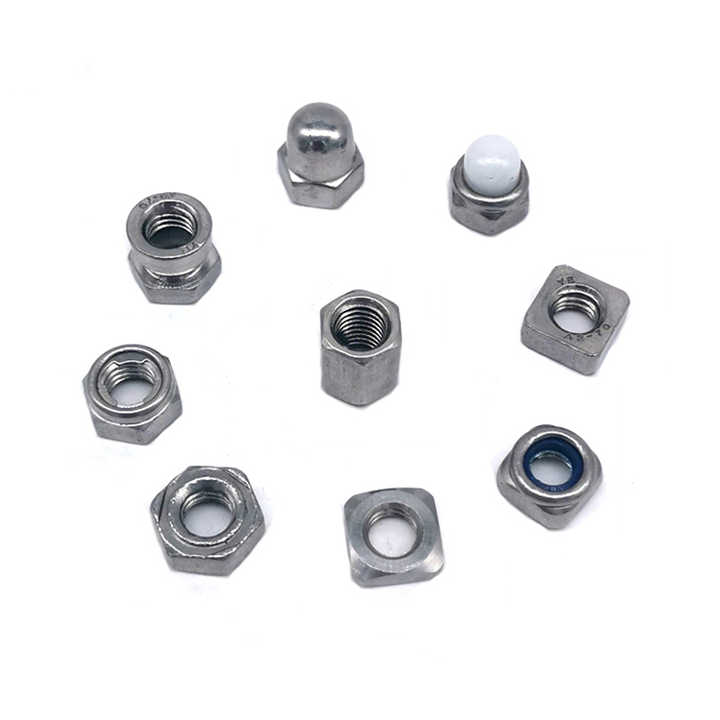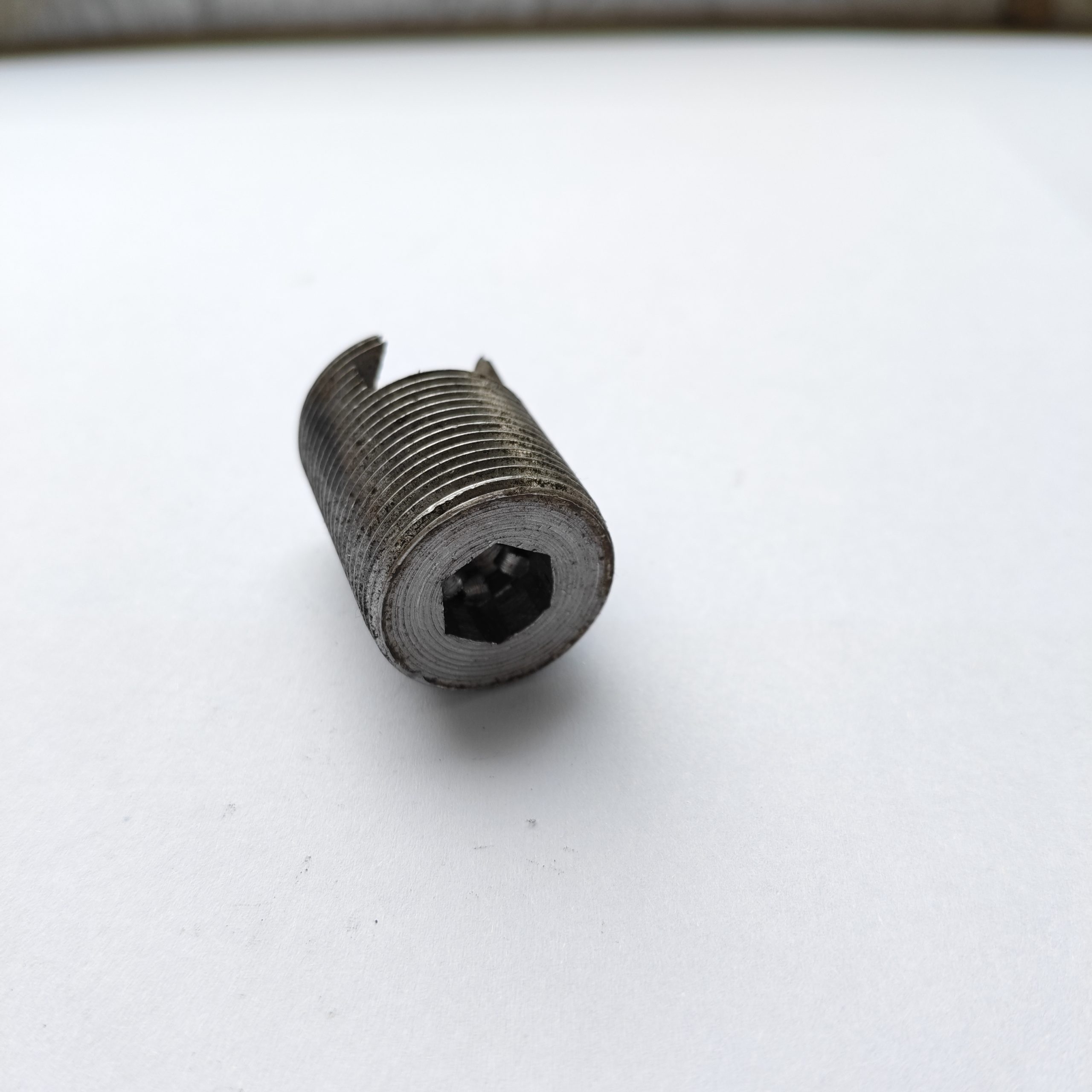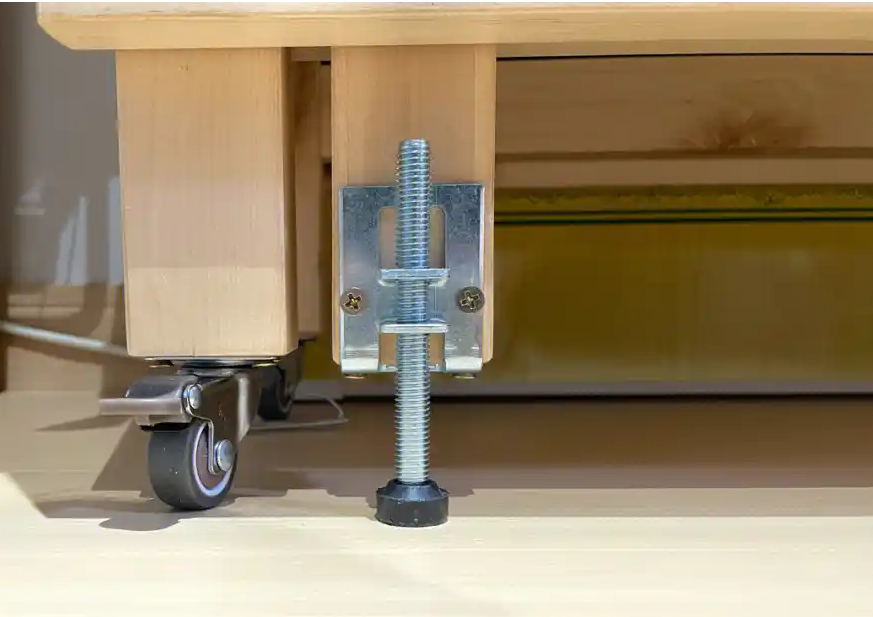

This comprehensive guide explores everything you need to know about stainless steel rivet nuts, from their various types and applications to installation techniques and considerations for choosing the best option for your specific needs. We'll delve into the properties that make them ideal for diverse industries and projects, providing practical advice to help you make informed decisions. Learn how to identify the right stainless steel rivet nuts for your project and ensure a successful installation.
Stainless steel rivet nuts, also known as rivet inserts or self-clinching fasteners, are a type of threaded fastener installed using a rivet gun. They combine the functionality of a nut and a rivet, providing a strong, permanent threaded connection in thin materials where traditional nuts and bolts are impractical. Their corrosion resistance, strength, and ease of installation make them popular across numerous industries.
The most common type uses 304 or 316 stainless steel, offering excellent corrosion resistance. 316 stainless steel is generally preferred for marine or highly corrosive environments due to its enhanced resistance to chloride pitting. The choice depends on the specific application and environmental conditions.
Different head styles are available, including countersunk, flat, and raised head. The choice depends on the aesthetic requirements and accessibility of the installation area. Countersunk heads are ideal for flush installations, while raised heads provide better grip for tools during installation.
Stainless steel rivet nuts come in a wide range of thread types (metric, UNC, UNF) and sizes, ensuring compatibility with various applications and bolt sizes. Selecting the correct thread type and size is crucial for a secure and reliable connection. Incorrect sizing can lead to stripping or loosening.
The versatility of stainless steel rivet nuts makes them suitable for a wide range of applications, including:
Installation typically requires a specialized rivet gun, chosen to match the size and type of stainless steel rivet nuts. Proper installation techniques are vital for a strong and secure connection. Improper installation can lead to failure. For detailed instructions, consult the manufacturer's guidelines.
Consider these factors when selecting stainless steel rivet nuts:
| Advantage | Description |
|---|---|
| Strong and Durable | Provides a secure and reliable connection. |
| Corrosion Resistant | Suitable for various environments, including harsh outdoor conditions. |
| Easy Installation | Can be installed quickly and efficiently using a rivet gun. |
| Versatile | Suitable for a wide range of applications and materials. |
For high-quality stainless steel rivet nuts, consider exploring the range offered by Hebei Dewell Metal Products Co., LTD. They provide a variety of options to meet your specific project needs.
Remember always to consult the manufacturer's specifications and safety guidelines before installation.


